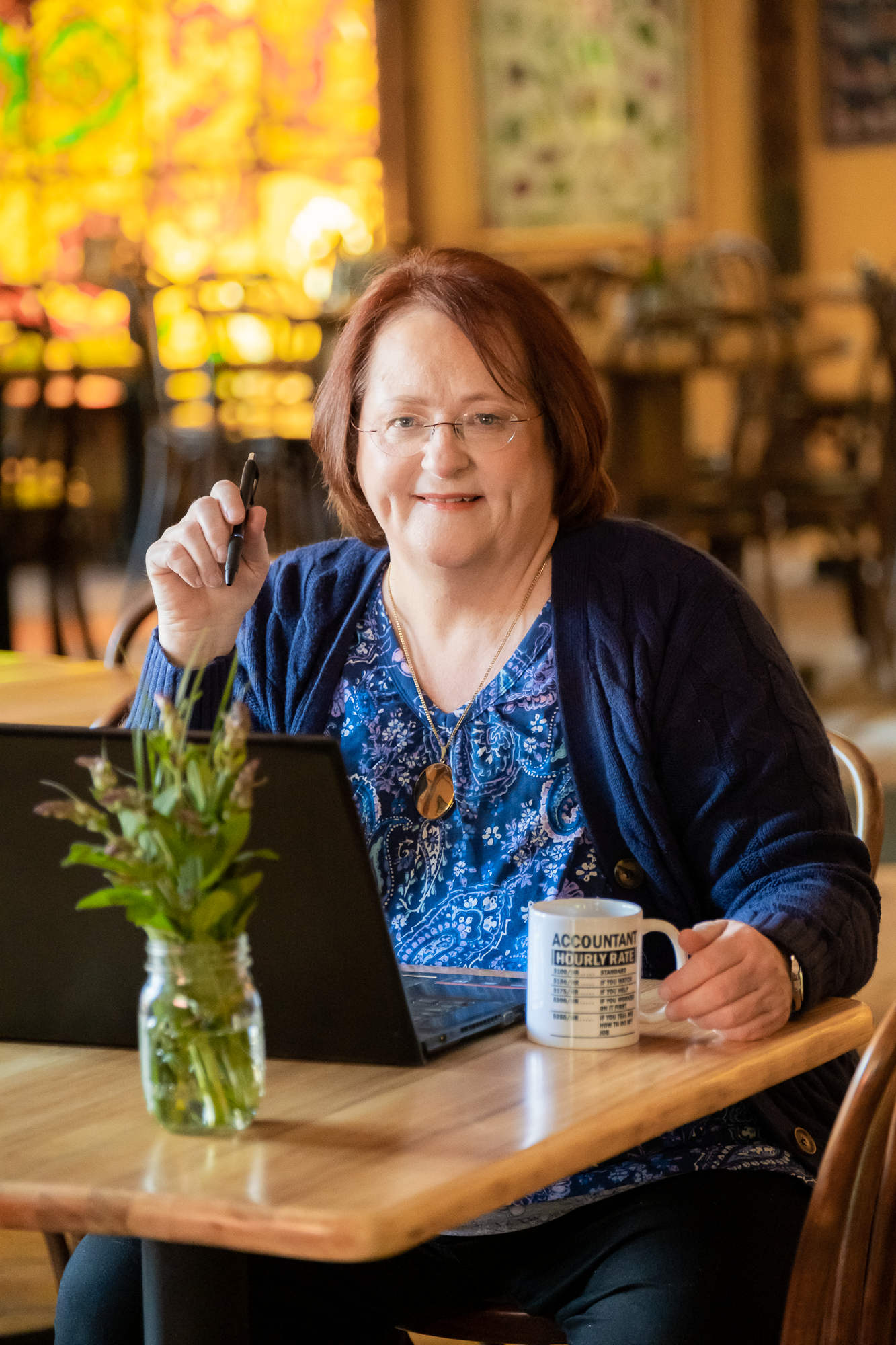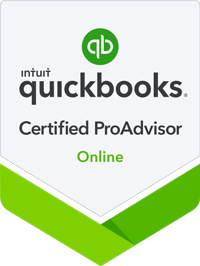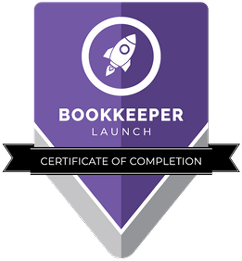A Few Words from the owner
About Me and My business
About My Business
What is Virtual Bookkeeping?
Virtual bookkeeping is a cost-efficient way for small businesses, like yours, to retain professional bookkeeping Assistance with managing your business's books.
All work is done via the internet using secured cloud-based accounting, and receipt and document management software tools.
What is a virtual Bookkeeper?
A virtual bookkeeper is a professional bookkeeper, whose enterprise is not tied to a specific physical location. By using the internet, the virtual bookkeeper can connect with clients across the globe and deliver a secure bookkeeping service plan tailored to the needs of each of the firm’s clients.
TMBarton Bookkeeping only offers its virtual bookkeeping services to US based, service-orientated small businesses.
How does retaining a virtual bookkeeper benefit you?
If your company can’t justify hiring a full-time bookkeeper but you are in need of an expert and professional bookkeeper, my firm can assist you. My firm is a certified Quickbooks Online ProAdvisor and a Solutions Provider, and our fees are often less than the monthly cost of hiring a full-time bookkeeper.
By authorizing my firm to convert your existing financial records into Quickbooks Online, you can have high quality secured access to your company’s books and statements wherever you have an internet connection.
My firm can keep you abreast of the financial health of your company and assist you with developing strategies to grow or improve your business.
My firm is here to help you when you don’t understand what’s on your financial statements or you are confused by the technologies we use to help manage your books. Your company’s books belong to you and you have the right to understand what’s in them. My firm will help train you in the best bookkeeping methods and on how to use the latest technologies to improve updating and accessing your company’s books.
When you do your books by yourself, you absorb the cost of doing them. Most of that cost is in time and often it’s time away from growing your business and being with family and friends. Only you can put a price on your time.
By using my firm to manage your company’s books, you can feel secure that they are being properly managed by a mature professional who cares about your business’s goals, thus, the time you spent doing you business’s books on your own is now available for you to use growing and improving your company and spending more valuable time with you family and friends.
As businesses change, so do their bookkeeping needs. Being tied down with a long-term contract can stifle innovation for you and your bookkeeper.
If you decided to part ways with TMBarton Bookkeeping, my firm requires a 30 day notice when you want to end our professional relationship.
My firm’s fees are a legitimate business expense and are tax deductible.

Request A Free Consult
Put my expertise to work for you, so that you can spend your valuable time on growing your business.

About Me
Meet the Owner, Terry Barton
Request A Free Consult
About My Story
Fun Facts about Terry Barton
I was born in Chicago, IL but was primarily raised 60 miles south of there in a village called Bradley, which was next to Kankakee, a city mentioned in one of John Denver’s songs, “City of New Orleans”. This explains my Midwestern drawl, a dialect that I share with Harrison Ford of “Star Wars” and “Indiana Jones” fame.
After graduating high school, I attended the University of Notre Dame, where I earned a B.A. degree in History and Computer Applications, a double major. I was the third member and first female from my family to attend and graduate from Notre Dame. My father and my paternal Uncle Bill preceded me.
One of my student projects was helping an economics professor process tax records he brought from England to better understand the American colonial trading networks in the decades prior to the American Revolution. The data showed that the Triangle Trade theory used by Britain and the American Colonies was flawed. The data from England showed that the American colonies, as they came closer to the Revolutionary War era, traded more amongst themselves than with England. There were also some records of the colonies going directly to Spain and the West Indies, thus bypassing England.
Another project was helping the St. Joseph County Historic Preservation Commission create a digital inventory of their historic sites.
What these two projects taught me was that computers and technology are powerful tools that can help people process data faster so that new discoveries and understandings can emerge.
After graduating from Notre Dame, I moved to Connecticut to begin working in Connecticut’s insurance industry. Lived in Hartford for 5 and a half years before moving to Killingly.
In 2008, I served on Killingly’s Tercentennial Committee and helped the town develop programs to celebrate the town’s 300th birthday.
In 2018, I served as vice-chair of the Town of Killingly’s Charter Revision Commission.
Currently, I serve as chair on the Town of Killingly’s Historic District Commission. I recently helped the commission obtain a state grant to publish a brochure that I helped design.
I am a member of the Killingly Grange No. 112 and assist with their fundraising and public events. The funds raised mainly help with maintaining the Killingly Grange’s building, which is also called the “Killingly Center School”. It is a local historic property governed by the Town of Killingly’s Historic District Commission.
I’m a cat guardian to Princess, my tortoise shell cat pictured to the right, and to an orange tabby named Gitmo. I adopted Gitmo from my neighbor who passed away a couple years ago.
My Hobbies are swimming, gardening, mini-golf, DIY home repair projects, reading and watching documentaries about history and science as well as traveling to historical sites and museums. Fantasy and science fiction books, movies and TV series are also a favorite of mine. One of my bucket list items is to visit the Minoan ruins on Crete and the isle of Santorini.
In my spare time, I am writing a fantasy adventure novel.
I used to be a private pilot, an equestrian and a horse owner.

My tortoise shell colored cat called Princess.

Orange impatiens in a Halloween witch’s cauldron.

Sugar cookies baked on St. Patrick’s Day.
Request A Free Consult
About My Business's Purpose
Mission Statement
From ancient clay tablets to contemporary electronic laptops, bookkeeping has been the language of business since the dawn of civilization.
TMBarton Bookkeeping, LLC offers its professional 21st century virtual bookkeeping services to US service based small businesses. My firm helps small business owners organize their companies’ finances so that they know where their money is coming from and where it’s going.
TMBarton Bookkeeping’s services allows small business owners to be more productive while growing their businesses and focusing on serving their customers’ needs, as well as finding more freedom to spend with their families and friends.
Like honey bees and flowers, TMBarton Bookeeping believes in a mutual relationship with small business owners and wants to work with them to help them achieve success.
Request A Free Consult
About My Business's Logo
The Inspiration for My Logo

My business’s logo is derived from the last evolution of the cuneiform symbol for barley. It dates circa 61 A.D.
The name “Barton” means barley farm. In northern England, especially in Lincolnshire and North Yorkshire, there are many towns and hamlets with Barton in them because that area was and is the main production site of England’s barley crop.
Being a fan of history, I learned that the primary use of the earliest written language, cuneiform, was for bookkeeping. As human population grew and organized into various civilizations, keeping track of what products were coming into the city-states, the palaces, and temples and what was going out needed to be recorded in order to better govern the resources that the people depended upon.
In ancient times, humans were the computers, clay tablets were the monitors and print-outs and the reeds that they held in their hands were the keyboards and styluses used to record the data.
Once our ancestors got the hang of using symbols to represent material items, mathematics and abstract ideas, the symbols evolved into a written language that recorded laws, contracts, stories, love letters, etc..
Because of the meaning of my surname and how the crop barley was essential to our earliest civilizations and thus needed to be recorded in their “books”, I chose to use the cuneiform symbol of barley and specifically the last evolution of that symbol for my firm because it was the most efficient to use. Even our ancestors learned to keep it simple.
The cornerstone of the color scheme is the gold color. It represents one of the hues of barley that is ripe for harvesting. The green is a complementary color to this gold and is one of the hues of young maturing barley.


